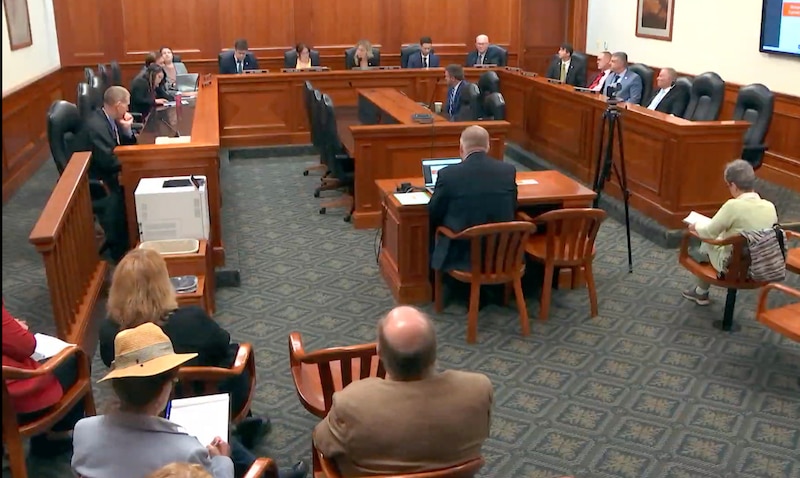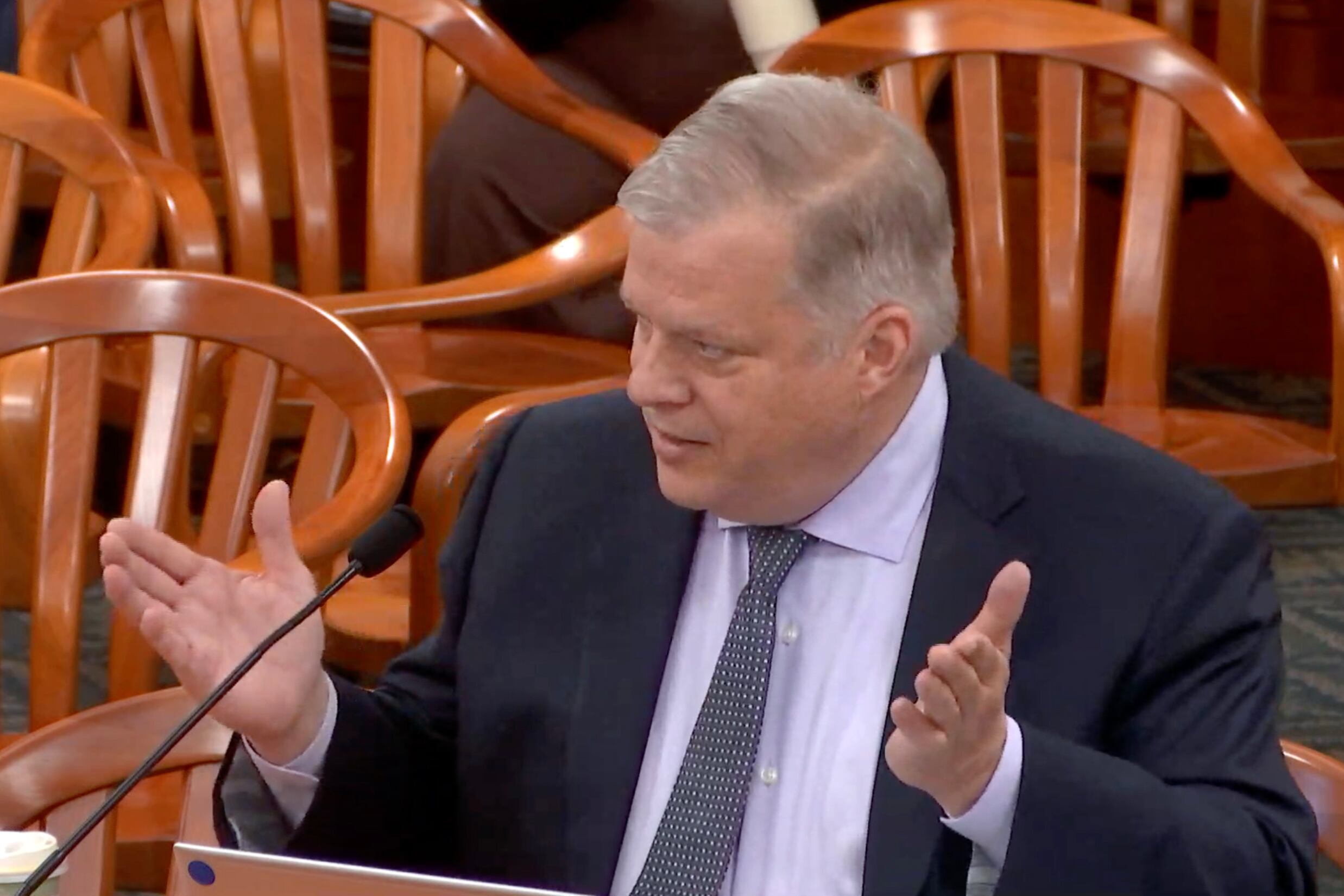Votebeat is a nonprofit news organization reporting on voting access and election administration across the U.S. Sign up for Votebeat Michigan’s free newsletter here.
The U.S. Supreme Court on Monday turned away a petition by 11 Republican Michigan legislators who sought to overturn expanded voting measures enacted through statewide ballot initiatives, bringing an end to the federal case known as Lindsey v. Whitmer.
The federal case was always a longshot, experts told Votebeat when it was first brought before the Supreme Court, which hears only about 150 of the thousands of requests it gets each year.
The justices denied the lawmakers’ petition without comment.
But their attorney, conservative legal activist Erick Kaardal, told lawmakers that he’s not done trying to challenge the election measures, which include no-reason absentee voting, and straight-party voting, passed as part of 2018’s Proposal 3, as well as early voting and ballot drop boxes from Proposal 2 in 2022.
The Lindsey case was based on a controversial legal interpretation called the Independent State Legislature theory, which suggests that under the U.S. Constitution’s elections clause, only state legislatures — not governors, courts, or voters through ballot initiatives — have the authority to set election laws.
The plaintiffs in the case are a group of Michigan lawmakers, not the Legislature itself. Several federal courts have shot down the case for lack of standing, challenging the plaintiffs’ right to sue as individual lawmakers.
Kaardal, testifying before the House Election Integrity Committee on Tuesday, said he feels their chances are better in state court.

“Fortunately, the Michigan Supreme Court has held that individual state legislator standing exists … so we’ll continue pursuing that angle in state courts,” he said to the committee, which is chaired by Rep. Rachelle Smit, one of the 11 lawmakers in the Lindsey case.
It’s unclear what that strategy might look like in practice. Legal experts told Votebeat that even if state courts recognize the individual lawmakers’ right to sue, it’s unlikely those courts would entertain major challenges to policies that the state had already enacted.
“Generally the state court is not going to resolve issues between the legislature and the federal Constitution,” said Chris Thomas, the former longtime director of elections in Michigan. He compared it to “spitting into the wind”: “You can do it if you want, but the results won’t be good.”
Justin Levitt, a professor of constitutional law at Loyola Marymount University and voting rights expert, agreed that the 11 legislators might have standing to sue, “but that just gets them in the door.”
“But the bouncer is still there, saying ‘no, you’re not actually saying anything,’” Levitt said.
He added: “I would expect the Michigan courts are going to absolutely toss this without much of a moment of thought, in part because the Supreme Court has already spoken to the substance definitively multiple times.”
Democrats claimed the Supreme Court’s decision as a win on Monday.
The court’s action “ensures that the will of the voters will stand on these and other issues important to the people of our state,” Secretary of State Jocelyn Benson said in a news release, adding that she hoped it “marks the end of an era filled with frivolous lawsuits and attacks on our elections.”
Kaardal, from Minnesota, has a long history of trying to overturn specific election laws in swing states. He gained national attention in 2020 when he tried to challenge the congressional certification of the presidential election results.
His presentation to the Election Integrity Committee was not focused on the Lindsey case, but he touched on it briefly and also took questions on it from state lawmakers. He expressed confidence in the idea that only legislatures are allowed to amend election law, unfazed by questions about disenfranchisement and other concerns.
Rep. Stephen Wooden, a Democrat from Grand Rapids and the minority vice chair of the committee, asked Kaardal whether efforts by Republican-backed activists to enact a proof-of-citizenship requirement for voters through a ballot initiative — an effort by lawmakers to enact such a requirement failed to attract enough support — would also be unconstitutional under the same logic.
It would, he said. Even though the Michigan Constitution gives voters the right to amend it, he argued, that provision can’t be used to usurp lawmakers’ power, as described in the U.S. Constitution, “to regulate time, place and manner of elections.”
“That procedure is the forbidden fruit,” Kaardal said.
Hayley Harding is a reporter for Votebeat based in Michigan. Contact Hayley at hharding@votebeat.org.





